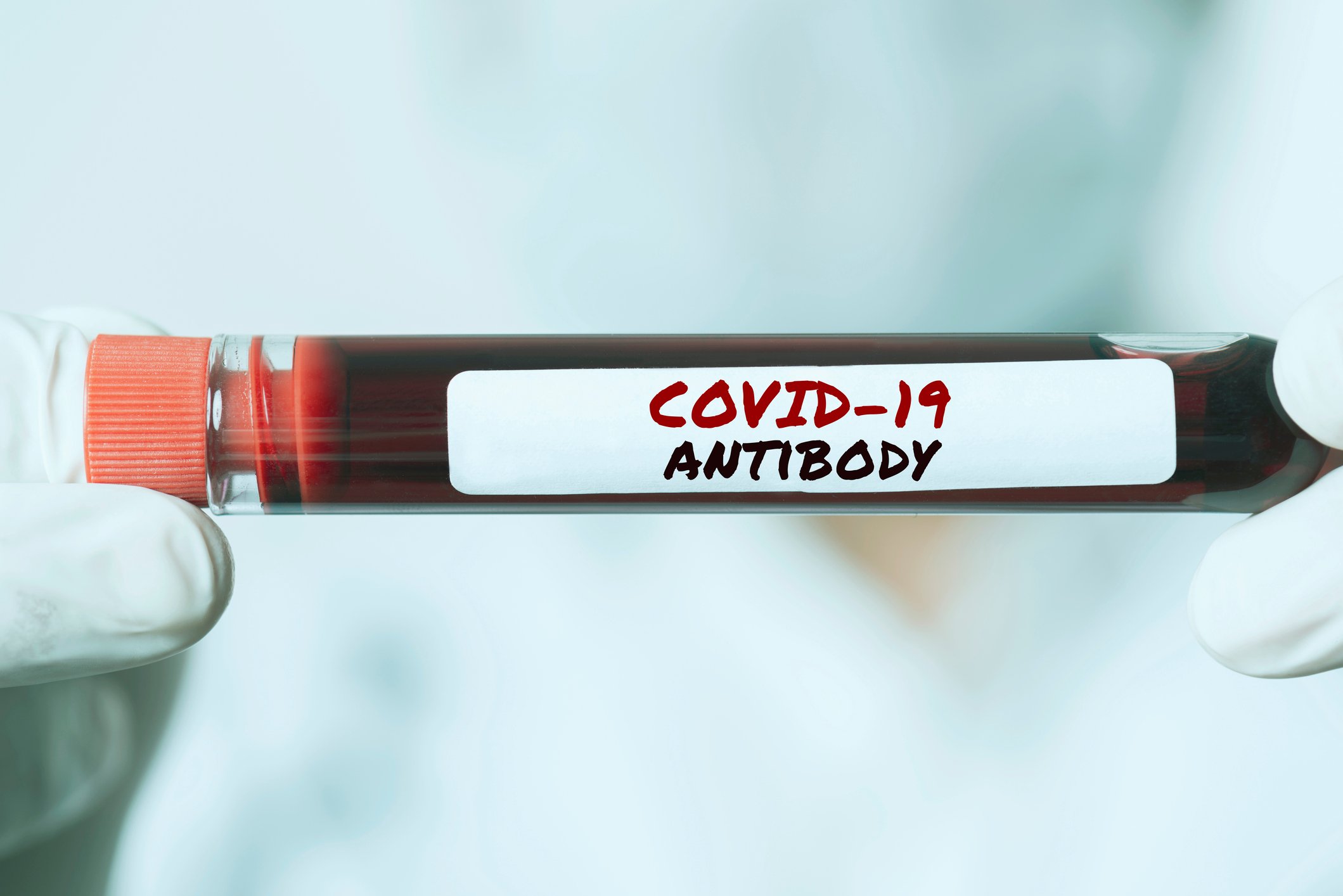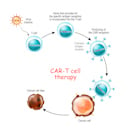
Monoclonal Antibody Drugs: Treatment and Prevention
We often think that vaccines are the best way to “prevent” disease spread; however, monoclonal antibodies are a promising new treatment and preventative measure.
Most of us associate monoclonal antibodies with cancer treatment; however, there are 75 antibodies licensed for use by the US Food and Drug Administration; three are used for the treatment of infectious diseases such as a respiratory syncytial virus (RSV), anthrax, and Clostridioides difficile (C.diff). Currently, monoclonal antibody treatment is under research for the prevention and treatment of Ebola and COVID-19 (Marovich, Mascola, &Cohen, 2020).
Understanding How Monoclonal Antibody Drugs and Vaccines Differ
Review of the immune response
- Antigen
- Any substance or organism that is unrecognized by our immune system. It could be anything from bacteria to chemicals, to viruses - or even foods.
- Triggers the immune response
- Antibodies
- Proteins that bind with the antigen to neutralize the antigen
- Flagging: makes other elements of the immune system “aware” of the antigen
- Specifically designed to tackle one type of antigen
- Works immediately and the protection lasts weeks to months
- B & T cells
- Identify and locate antigens and create antibodies to neutralize antigens
- Vaccines
- A non-infectious virus and/or piece of virus the immune system will recognize
- Provides active immunity, immune memory
- Ineffective as a treatment
- Protection begins within 1-2 weeks after inoculation and lasts years to a lifetime may need boosters
(M. Encyclopedia, 2020; Vanderbilt Institute for Infection, Immunology and Inflammation, 2020)
A new strategy is to use a laboratory-produced molecule (monoclonal antibody) engineered to serve as substitute antibodies that can restore, enhance, or mimic the immune system's attack on antigens. They are designed to bind to antigens that are generally more numerous on the surface of antigens than healthy cells. For monoclonal antibodies to be effective, the patient must be tested to ensure that the antigens are vulnerable to the antibody.
These laboratory-produced antibodies are designed to work in different ways. Each drug may function in several ways to help the immune system fight cancer.
The Drugs Currently Work in The Following Ways:
- Flagging cancer cells: Locate the antigen/cancer cells
- Triggering cell-membrane destruction/immune response
- Blocking cell growth
- Preventing blood vessel growth
- Blocking immune system inhibitors
- Directly attacking cancer cell
- Delivering radiation treatment
- Delivering chemotherapy
- Binding cancer and immune cells
(Mayo Clinic, 2019)
Monoclonal Antibodies Have Few Side Effects Which Include:
- Allergic reactions
- Flu-like symptoms
- Nausea, vomiting, diarrhea
- Rashes
- Hypotension
These drugs, which are administered by intravenous infusion, may have rare, but serious side effects such as: infusion reactions, low blood counts, cardiac and pulmonary issues; and/or bleeding.
So, what does the future hold? Monoclonal antibody drugs can be used as a vaccine to train the body’s immune response to recognize antigens and to build an immune memory to fight future illnesses. Additionally, these drugs can be used to treat the illness. Does this mean, we might have an effective tool to fight diseases like COVID-19, influenza, SARS, and other infectious diseases, along with cancer?
Only the research will tell.
References
M. Encyclopedia, “Antigen: MedlinePlus Medical Encyclopedia”, Medlineplus.gov, 2020. [Online].
Marovich, M., Mascola, J., & Cohen, M. (2020). Monoclonal antibodies for preventions and treatment of COVID-19.
Mayo Clinic. (2019). Monoclonal antibody drugs for cancer: how they work.
Vanderbilt Institute for Infection, Immunology, and Inflammation. (2020). Antibody therapy vs. vaccine.




